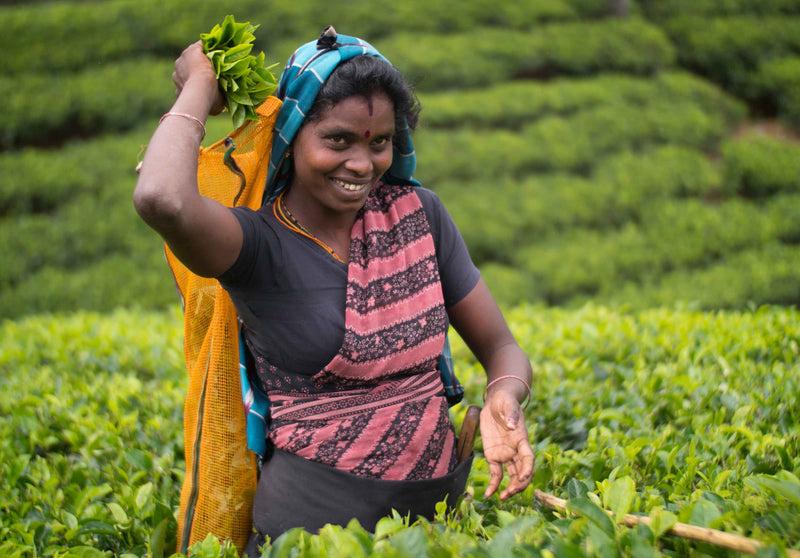Your ethical tea - Reaching over a million people


Your ethical tea - Reaching over a million people
International Tea Day was initiated by the United Nations in 2019, with the aim of recognising tea farmers and workers across the supply chain who bring us the tea leaves that go into the world’s most popular drink, after water. At ETP, this is what we do, every day: we work tirelessly to help our members address the issues in tea. However, I believe that a dedicated day to reflect on these issues is an important moment in the calendar of any tea producer, packer, retailer or consumer; the challenges are complex and widespread, requiring collaboration and investment on a huge scale if we are going to improve the lives and livelihoods of tea workers.
Globally, more than 13 million people are involved in the supply chain, and for the majority their livelihoods are almost entirely dependent upon the production of tea. The UN’s Food and Agricultural Organisation (FAO) estimates that nearly 60 percent of the world’s tea is produced by small scale farmers. Social inequalities, economic instability, and the threat of climate change are some of the biggest challenges facing these tea communities.
Economic instability for tea communities if often a result of the lower wages and incomes that workers and farmers earn and the context in which they live. This is often in the world’s poorest countries such as India, where nearly one million workers are employed within the tea supply chain.
Globally, the majority of tea workers and farmers are women. In Assam, India and Sri Lanka women make up nearly 50% of the tea workers yet, few manage to rise through the ranks to managerial positions.
Climate change poses a growing risk to tea communities as increasing temperatures, changes to rainfall, and deforestation impact tea growing and ultimately the livelihood of those working in tea.
At the Ethical Tea Partnership (ETP), we work with 50 members – made up of tea brands, retailers and suppliers from across the UK, Europe, North America, Asia, Australia, and New Zealand. Together we address some of the long-term systemic challenges in tea. We run programmes in China, India, Kenya, Sri Lanka, Malawi, Rwanda, and Indonesia, where much of the world’s tea is produced and where millions of lives are dependent on tea; we support innovative business practices to improve outcomes for farmers and workers in tea; and, we engage with a wide network of stakeholders to inform decision-making and policy development, ensuring that tea communities are put front-and-centre of this process.
Our mission at ETP is to use the power of our partnerships to create a tea sector that is socially just and environmentally sustainable.
Our incredible partnerships have made these achievements possible. There is still a way to go, but together we are committed to driving the change that is needed to achieve a thriving tea sector.

More Readings

Tropical Turmeric Smoothie
Missing the days when you could just hop on a plane and fly to a tropical isl...

Cold Brew Vs. Flash Chilled Iced Tea
Everyone’s heard of iced tea, but you may be wondering what flash chilled ice...

Matcha Tiramisu
If you ask a room full of people what they want for dessert someone is bound ...

New Year, New Iced Teas
Quench your thirst this new year's with our newest and most delicious iced te...

Chai Spiced Cinnamon Roll
We wait all year long to decorate our Christmas trees, unwrap presents and en...